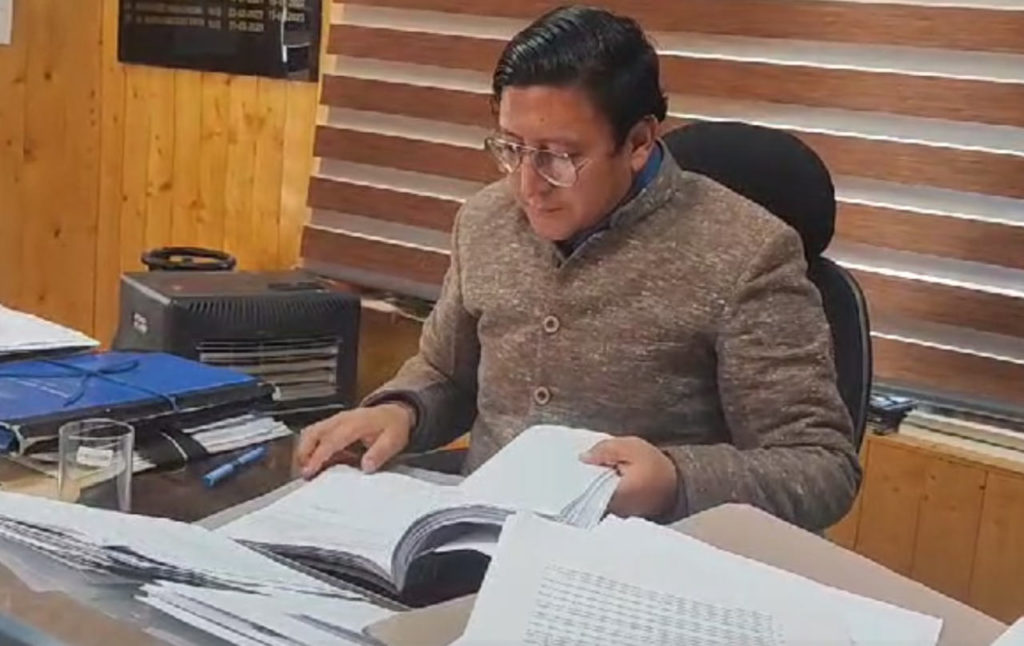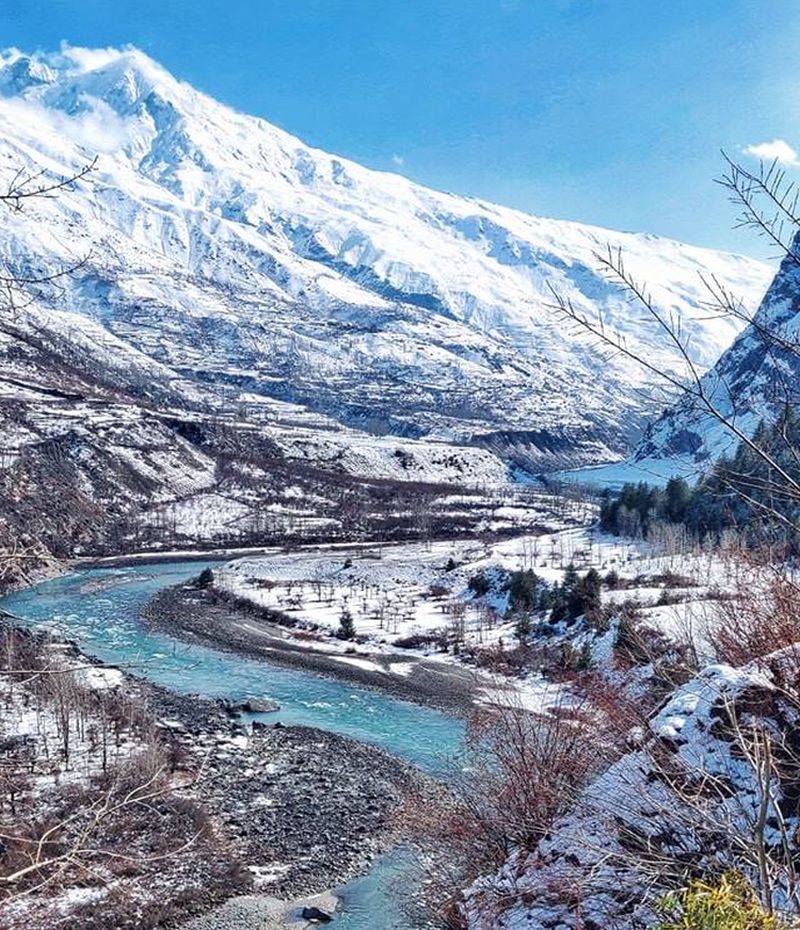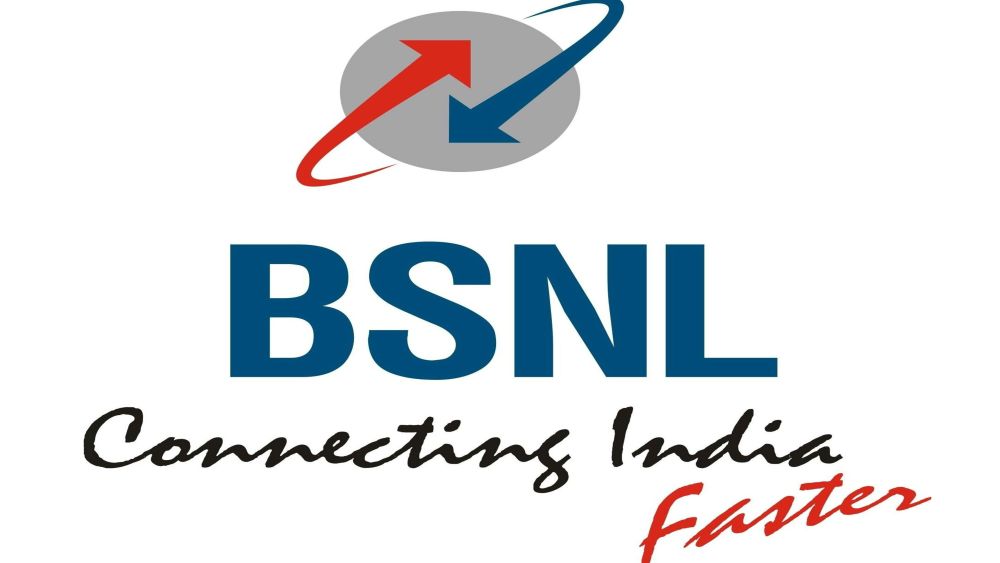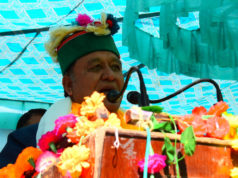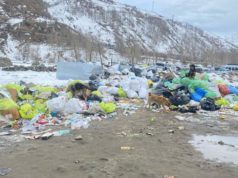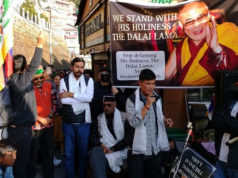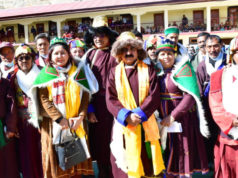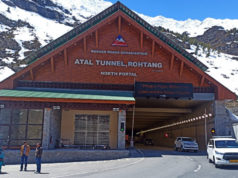In response to the escalating challenges posed by a surge in tourist traffic, the Special Area Development Authority (SADA) of Lahaul Spiti’s Kaza and Tabo regions has unveiled plans to implement the “SADA Development Fee” on vehicles entering Spiti, effective January 1, 2024. This decision aims to alleviate financial constraints faced by SADA in crucial areas such as solid waste and sewage management.
Under this new initiative, two-wheelers will be required to pay Rs 100, while cars will incur a fee of Rs 200. SUVs and MUVs, including popular models like Scorpio and Maxi Cab, will face a fee of Rs 300. Buses and trucks, which contribute significantly to the growing tourist influx, will be subject to a fee of Rs 400. The funds collected through this fee will be crucial for addressing financial constraints faced by SADA, particularly in areas such as solid waste and sewage management.
This fee imposition, crucial for the upkeep and development of Spiti, exempts private vehicles registered in the Regional Transport Office (RTO) Spiti, along with those owned by local residents. Moreover, residents of Sumra village in Kinnaur district, adjacent to Spiti, will be exempt from any charges associated with entering Spiti. However, non-resident vehicles, including those from various parts of Himachal Pradesh and other states, will be required to pay the “SADA Development Fee” per trip, with stringent enforcement measures in place.
Notably, Spiti taxi drivers will benefit from a special provision: the introduction of an annual pass system. Registered taxi vehicles in RTO Spiti can pay a fixed annual fee, eliminating the need for charges on each trip. Larger taxi vehicles, such as Maxi and Traveler, will be subject to an annual fee of Rs 2500, while smaller vehicles will contribute Rs 1500.
The collection of the “SADA Development Fee” will be seasonal, operational only during the winter months. When the Kaza-Manali road reopens in the summer, a fee barrier will be established at Losar, with collection managed by outsourced personnel, initially under the purview of the Public Works Department.
Harsh Amarendra Negi, Sub-Divisional Magistrate (SDM) of Kaza, emphasizes the significance of this fee for SADA’s efforts to enhance the cleanliness and aesthetics of Spiti. He calls for cooperation from both residents and tourists, underscoring their pivotal role in supporting the initiative to transform Spiti into a more beautiful and well-equipped tourist destination.
Funds collected from the “SADA Development Fee” will be deposited into a dedicated bank account, overseen by SADA members to ensure transparency and accountability. These funds will fuel various developmental projects, including the construction of public amenities such as toilets, solar lights, CCTV cameras, hoarding boards, street lights, and information boards. Collaborative efforts with local panchayats for solid waste and sewage management will also be supported.
Further, the funds will be directed towards initiatives like constructing a tourist center along the banks of the Spiti River and promoting Nature Park, Eco-Tourism, and Wildlife Conservation projects in Spiti. To streamline operations, SADA will hire employees on an outsourcing basis, with plans for the SADA area formulated in collaboration with the state government. Importantly, the funds will not be allocated for vehicle purchases or foreign tours, aligning with the commitment to responsible and community-oriented tourism.



